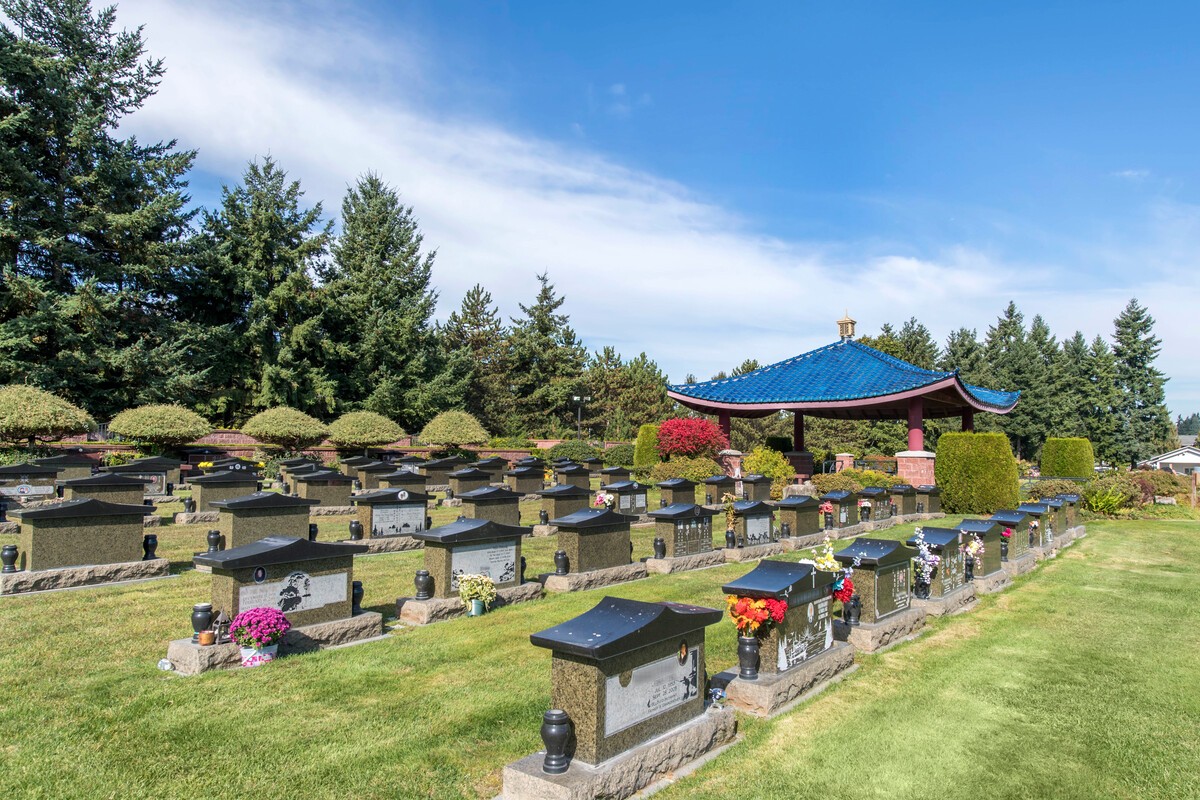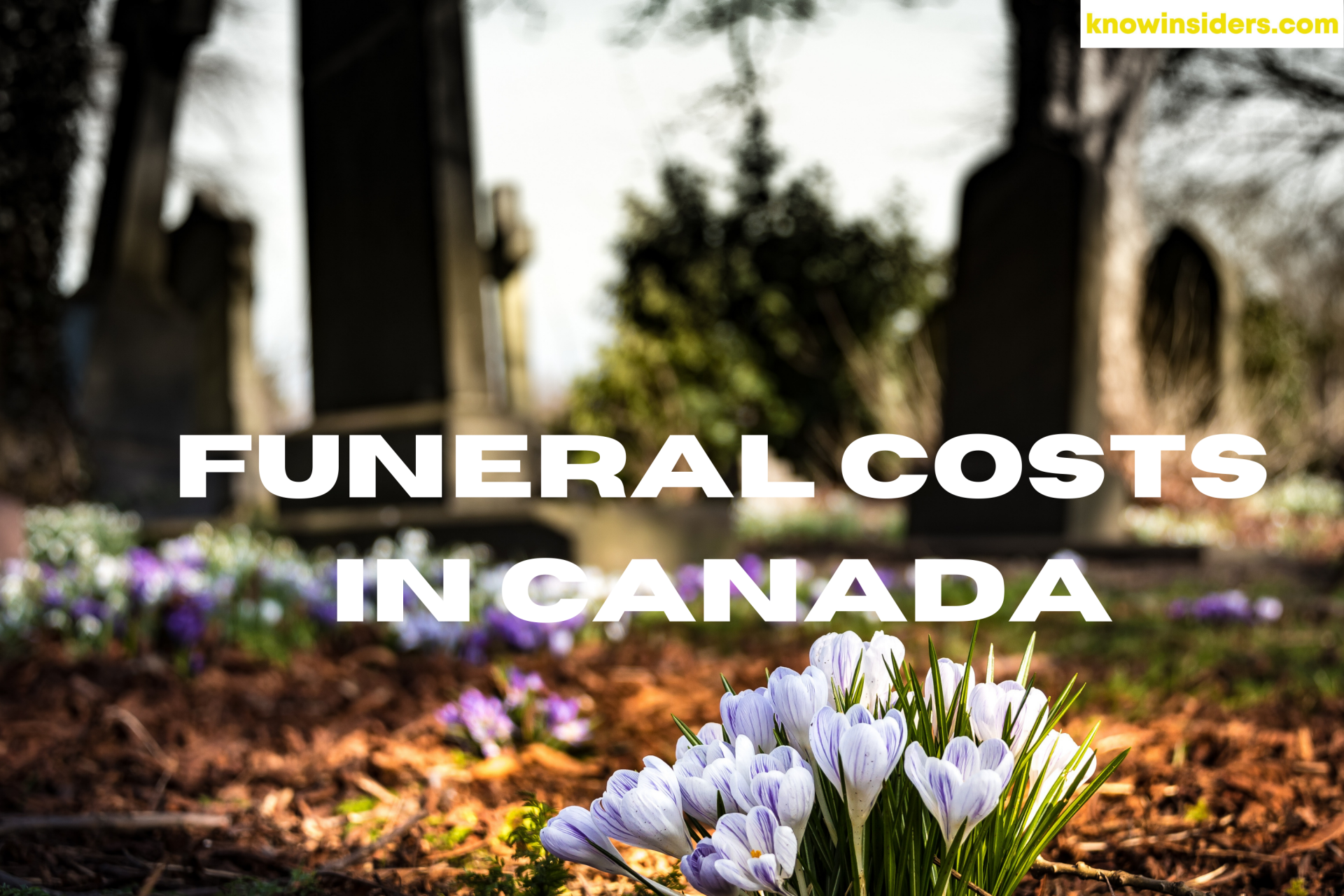Funeral in Australia: Cost, Ultimate Guide, Insuranc and Most Expensive To Die
While we can all rest easy knowing our money woes will be over once we’re dead, funerals are a costly event that often leave family and loved ones baring the brunt of the stress.
Now it’s been revealed that where you die can also affect the financial burden we leave behind, with the cost of funerals varying dramatically across Australia.
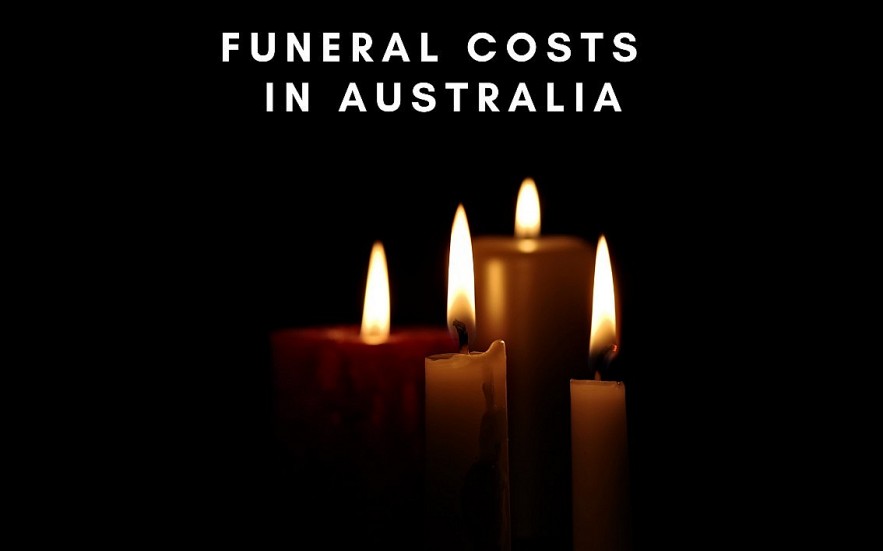 |
| Funeral in Australia |
| Contents |
How much does it cost for a funeral in Australia today?
Most funerals in Australia typically cost between $4000 for a straightforward cremation and $15000 for a lavish affair with flowers, a casket, and a notable burial to match. The average funeral expense in Australia is $19000. According to reports, the average funeral expense in Brisbane is $7505.
The cost of a coffin, transportation of the deceased, obtaining a death certificate, burial or cremation costs and permits, funeral director fees, and additional costs like obituaries and flowers are all typically covered by funeral expenses.
The majority of funeral homes in Australia offer pre-selected packages, which make it difficult to estimate how much money you are spending on each item and prevent you from excluding less-preferred items. What's worse is that some funeral homes in the sector have a reputation for charging astronomical prices with no explanation of how they arrived at those prices.
Given that the majority of those making funeral plans and decisions are at a particularly vulnerable stage and are frequently not in a state of rational thought, they are particularly vulnerable to being taken advantage of in terms of extortionate funeral costs.
Let’s put all of this together:
| Average funeral home professional service fee and standard third party fees | $6,500 |
| Average headstone cost | $3,500 |
| Average right of interment fee | $6,000 |
| Average interment fee | $2,000 |
| Grave liner | $1,000 |
| Average total cost of a burial | $19,000 |
What is the average cost of a cremation vs burial?
The average cost of a burial tends to be far more expensive than a cremation due to the land required and other additional burial expenses.
WHAT IS THE AVERAGE COST OF A BURIAL?
A burial in Australia typically costs $19,000, according to the website gatheredhere.com.au, which compares funeral costs. There are additional funeral director fees if the burial involves a final committal service at the gravesite following a church or chapel service. The average cost of a headstone puts the cost of a burial at $3,500, so it can add up quickly.
WHAT IS THE AVERAGE COST OF A CREMATION?
On the other hand, Gathered Here estimates that a traditional cremation costs about $7,400 on average in Australia. However, the price of a cremation can increase by thousands of dollars, depending on how the ceremony is customized and the coffin chosen.
WHAT IS THE AVERAGE COST OF A DIRECT CREMATION?
The least expensive option for a funeral is a direct cremation, which is an unattended cremation without a religious ceremony. The average cost of a direct cremation in Australia is $4,000. Because there is frequently no need for a chapel, celebrant, flowers, or other additions to the funeral service, costs are often lower than for a traditional cremation or burial service. After a loved one has been directly cremated, families frequently host their own memorial services to honor them.
In contrast, an at-need direct cremation with Bare costs about $2,100 on average across the country. By only offering the funeral items that Australian families actually want, Bare helps save their families thousands of dollars. Visit the Bare website to request a free quote.
A Bare cremation can even be pre-paid to take advantage of additional savings and avoid price increases over time. A pre-paid funeral also relieves your family's future stress.
Calculating the average funeral cost: 3 key components
We can examine the typical pricing of these items in more detail along with the two other significant costs mentioned above: headstone cost and cemetery fees, now that we are aware of the main expenses paid to funeral directors.
(1) Funeral director costs
| Item | Cost |
| Funeral director’s professional services fee for a graveside funeral | $3,500 |
| Casket or coffin | $1,500 |
| Transfer of the deceased | $330 |
| Viewing | $280 |
| Hearse | Included |
| Celebrant | $330 |
| Death certificate | $60 |
| Flowers, newspaper notices, service booklets etc | $500 |
| Average total funeral director costs | $6,500 |
(2) Headstone cost
Depending on your preferences, the price of a burial monument can vary greatly. The main deciding factors are the type of monument (single or double), the choice of material (sandstone, bronze, granite, marble), and finally the style, which can range from straightforward gravemarkers and headstones to full upright monuments.
Below is a rough guide to burial headstone and monument costs:
| Simple grave marker | $750 – 2,500 |
| Headstone | $2,500 – 4,000 |
| Single monument | $5,500 – $7,500 |
| Double monument | $8,000 – $12,000 |
(3) Cemetery fees
The terminology used in relation to cemetery fees can be a little perplexing. The right of interment and the interment fee are the two main fees.
A "right of interment" is what? The right to be buried on the pertinent land is known as an interment right. Customers who buy a burial plot from a cemetery aren't buying the land; rather, they're buying the right to be buried (or interred) there.
What does "interment fee" mean? A grave's opening and closing are covered by an interment fee, which also covers administration and upkeep.
Due to the limited amount of available land, the price of buying a cemetery plot (or right of interment) has increased significantly over the past ten years. The cost of the majority of plots in Sydney has doubled in price over the past five years to give you an idea of the rate of price growth. The cost of a basic plot typically starts at around $4,000 but can rise quickly depending on the cemetery and the plot's location. For instance, plots in Waverley Cemetery range in price from $21,200 for a simple lawn grave to $52,000.
How to save on rent if you can't move home
Cut out the extras. Pay only what is necessary. There is no need to pay extra for funeral notices, flowers, cars and limousines for the funeral, or embalming.
Decide on cremation. If you can, try to choose cremation unless your loved one made a specific request. Cremations cost less than coffins, which can cost as little as $300 for a basic cremation capsule or as much as $10,000 for a high-end coffin.
Hold the wake at your house. Instead of spending money to rent a space, think about hosting the wake at a friend's, relative's, or your own home. You could save several hundred dollars or even more by doing this. Likewise, keep the catering simple.
Low-cost funeralsFuneral expenses in Australia total $1.6 billion annually. The main reason isn't that they select expensive funeral services, but rather that there hasn't been a more affordable choice. According to the Australian Seniors Cost of Death Report, 32% of seniors experienced financial hardship because of having to pay for a funeral. This shows that for many people, the price of dying is just too high. As a result, 68% of those Australians who were in need took at least six months to get out of debt. |
How to keep funeral costs to a minimum
One of the best ways to make sure your money is being spent wisely and that you're avoiding funeral providers with a bad reputation is to shop around and use comparison websites.
The most cost-effective choice for those looking to save money is cremation as opposed to burial. The least expensive option of all is typically a direct cremation, which involves no service and enables you to arrange a private memorial without having to pay for a location or a celebrant. Since only a cardboard "cremation capsule" is needed for the cremation, renting a coffin might be a good way to save money.
It is advisable for those who want to be buried to shop around for a coffin because prices can vary and some suppliers have been accused of inflating the cost of coffins in order to support less lucrative aspects of the funeral industry. If time is not an issue, you might be able to order a coffin online or even build one yourself. Just be aware that some funeral homes might charge extra or even reject a coffin that wasn't made by them.
Finding ways to save money by doing things yourself will also help. Think about inviting guests to bring flowers or having the ceremony outside rather than in a chapel. You can reduce expenses while still organizing a dignified farewell by taking on more of the planning.
Top 7 Most Expensive Places To Die In Australia
1 Perth $8,261
2 Hobart $7,588
3 Melbourne $7,581
4 Canberra $7,032
5 Adelaide $6,993
6 Sydney $6,976
7 Brisbane $6,728
Perth was identified as the most expensive place to pass away, with an average funeral here costing $8,261. Finder examined the price of burials and cremations from major funeral providers in each capital city and found that Perth came out on top.
With an average cost of $7,588, Hobart was the second-most expensive city to hold a funeral, just behind Melbourne ($7,581).
However, Brisbane was found to be the least expensive city to pass away in, with an average funeral service costing only $6,728 — $1,533 less than what you'd pay in Perth for a comparable service.
The expense of a funeral can come as a nasty shock, according to Kate Browne, a personal finance expert at Finder.
"Unfortunately, a lot of people are unaware of how expensive funerals can be until they have to pay for one.
"Even a simple funeral can cost more than $5,000, and more expensive options can cost closer to $15,000.
According to Finder's research, the price of a burial service alone can reach $5,070, depending on the cemetery and type of grave.
If your loved one needs to be repatriated after passing away elsewhere in the country, you could be charged an additional $2,909 for the service.
Funeral insurance in Australia
You may pay much more for funeral insurance than what your family will gain from it. Additionally, you forfeit any payments you have already made if you stop making them.
You are not saving for funeral expenses with this insurance; rather, you are purchasing insurance to cover those expenses in the future. You must continue paying your premiums until you pass away to remain covered. In the end, the premiums might be more expensive than the actual funeral.
Before purchasing this type of insurance, think about your other options.
Prepaid funeral plans in Australia
With prepaid funerals, you can work with your local funeral home to plan and finance your funeral in advance.
Compared to funeral insurance or funeral bonds, prepaid funeral plans may be less expensive. The price of the funeral is determined using current prices, and it doesn't change over time. You have two payment options: full payment or deposit with recurring payments for the balance.
Make sure to compare prices because different funeral homes offer various packages. Obtain an itemized breakdown of all expenses so you can understand exactly what you're paying for.
Funeral Bonds
Another way to save for funeral costs is with funeral bonds. A deposit is made, regular payments are made over time, and interest is earned on your money. Only your funeral may be paid for with the money. It cannot be removed earlier.
You can select a funeral director with many funeral bonds. Alternately, you could let your family make that decision after your passing. A funeral director, a friendly society, or a life insurer are places where you can purchase a funeral bond. You must specifically request a funeral bond because they are not widely advertised.
What happens if I can’t afford a funeral?There is help available if you are unable to pay for a funeral after a loved one has passed away. You may be eligible for a bereavement payment, paid in a lump sum for up to 14 weeks after the death, if you and your partner were both receiving a Centrelink payment, such as the pension or income support, for 12 months prior to their death. Some banks permit families to access the deceased person's funds to cover funeral costs. Even if the bank account is frozen, the banks can release funds from the estate to cover funeral expenses. This can go to the person who organized or paid for the funeral out of their own pocket. It can also go to the executor or administrator handling the estate. Simply submit an invoice or receipt for the funeral service to the bank. |
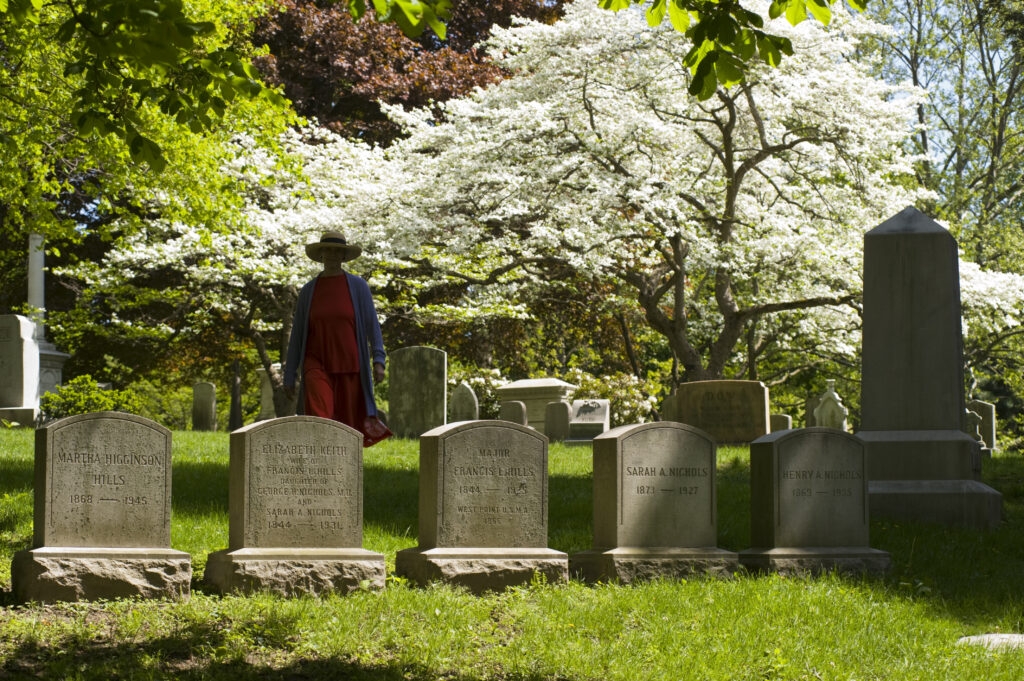 Funeral Costs In America: 10 Most Expensive Places To Die Funeral Costs In America: 10 Most Expensive Places To Die How much does it cost to bury a person in the US? Which places are the most expensive to die in America? |
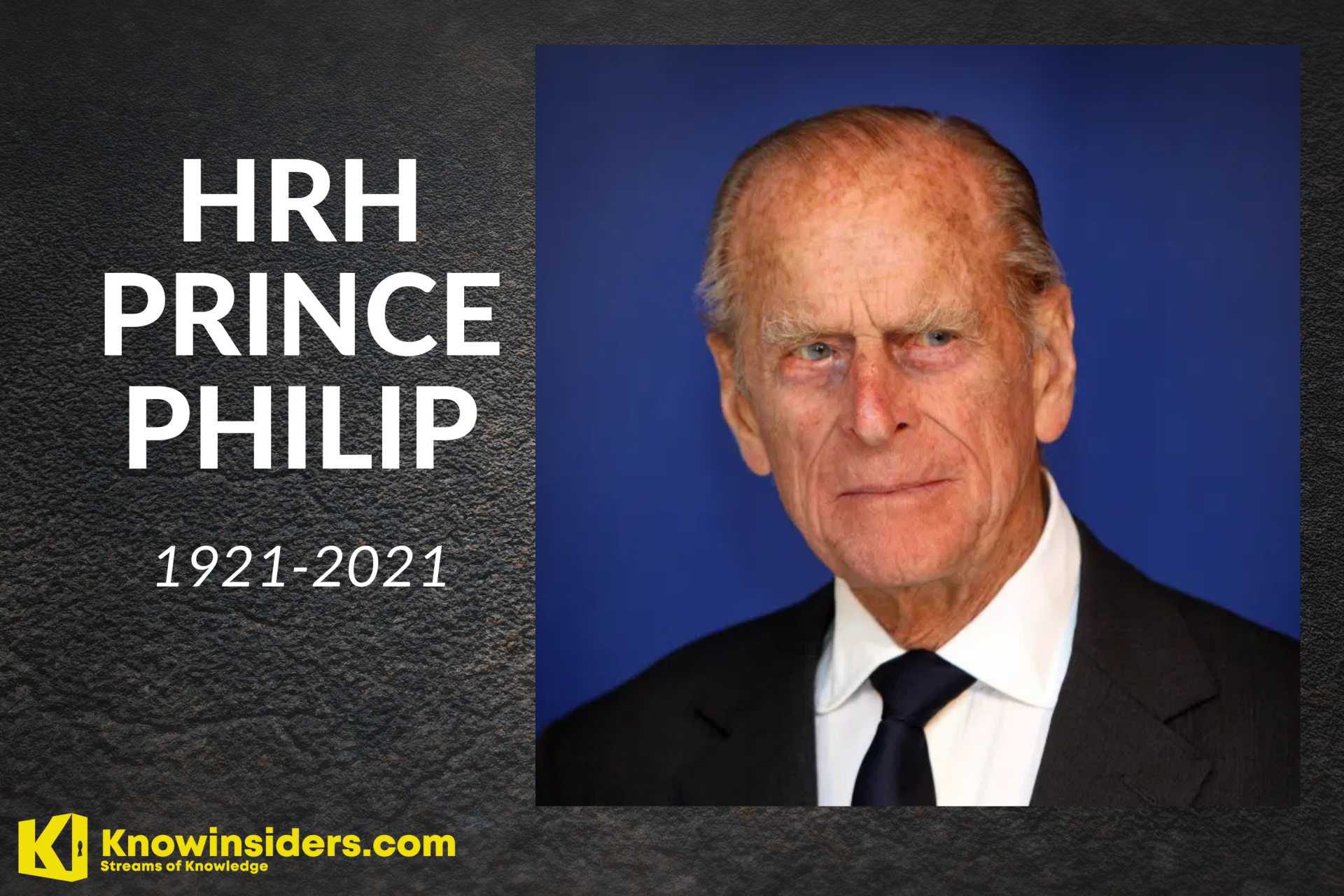 Prince Philip Dead at 99: When, How About State Funeral and Where It Would Take Place? Prince Philip Dead at 99: When, How About State Funeral and Where It Would Take Place? It is reported that Prince Philip, husband of Britain's Queen Elizabeth II, passed away at the age of 99. There are a number of questions ... |


